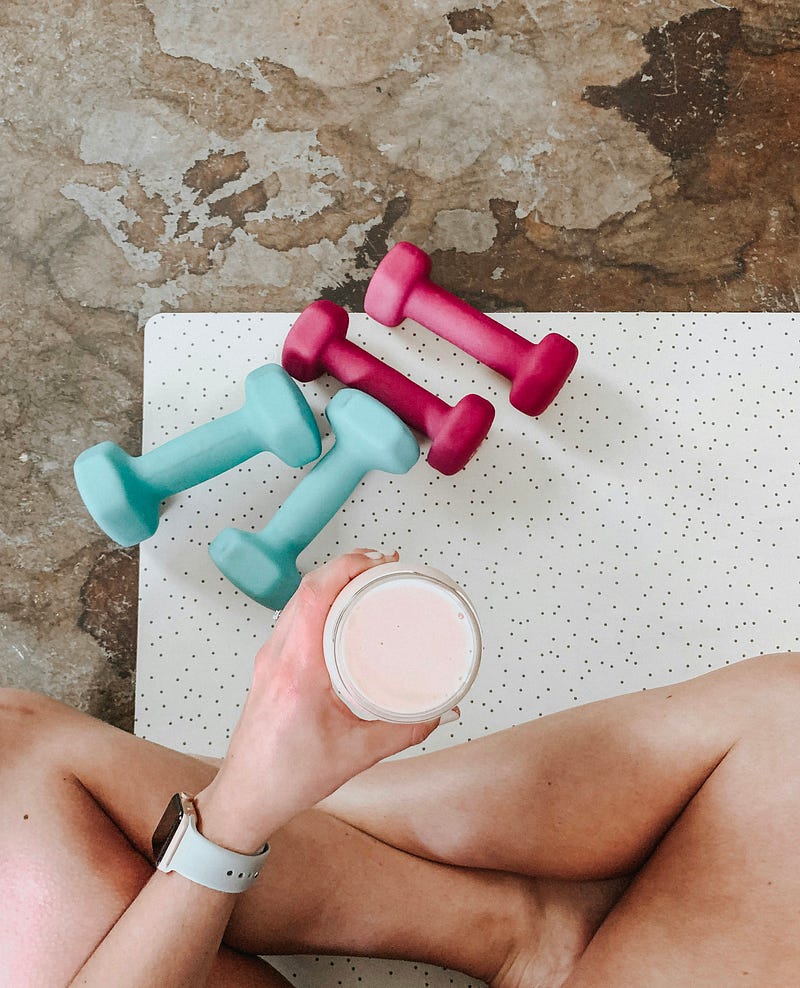The Importance of Nutrition in Fitness: A Comprehensive Guide

The Importance of Nutrition in Fitness: A Comprehensive Guide
When it comes to fitness, many people focus solely on exercise, overlooking the crucial role that nutrition plays in achieving optimal results. But the truth is, nutrition is just as important — if not more so — than the time spent sweating it out in the gym. In this comprehensive guide, we’ll explore the science behind the importance of nutrition in fitness and provide practical tips for fueling your body for success.
Q: Why is Nutrition Important in Fitness?
Before diving into the specifics, let’s start with the basics. Nutrition is the process by which our bodies obtain and utilize the nutrients necessary for growth, repair, and overall health. These nutrients include carbohydrates, proteins, fats, vitamins, minerals, and water. Each of these nutrients plays a unique role in supporting various bodily functions, including energy production, muscle repair, immune function, and hormone regulation.
A: Fueling Your Workouts
When it comes to fitness, nutrition serves as the fuel that powers your workouts. Carbohydrates, in particular, are your body’s preferred source of energy during exercise. Consuming carbohydrates before a workout can help replenish glycogen stores in your muscles, providing you with the energy needed to perform at your best. Aim for a balanced meal or snack containing complex carbohydrates, such as whole grains, fruits, and vegetables, along with a source of lean protein for sustained energy and muscle repair.

A: Supporting Muscle Growth and Repair
Protein is essential for building and repairing muscle tissue, making it a key nutrient for active individuals. During exercise, your muscles undergo stress and damage, triggering a process known as muscle protein synthesis, where new muscle fibers are formed to repair and strengthen the muscle. Consuming an adequate amount of protein post-workout can help facilitate this process, promoting muscle recovery and growth. Good sources of protein include lean meats, poultry, fish, eggs, dairy products, legumes, and tofu.

A: Optimizing Recovery
In addition to fueling your workouts and supporting muscle growth, proper nutrition is essential for recovery. After a challenging workout, your body requires nutrients to replenish glycogen stores, repair damaged muscle tissue, and reduce inflammation. Consuming a balanced meal or snack containing carbohydrates and protein within the post-workout window (ideally within 30 minutes to an hour after exercise) can help accelerate recovery and reduce muscle soreness. Additionally, staying hydrated is crucial for supporting the body’s recovery process, as water plays a key role in regulating temperature, transporting nutrients, and removing waste products from the body.
Note: It’s Important to Balance the Macronutrients
While all three macronutrients — carbohydrates, proteins, and fats — are important for supporting fitness goals, it’s essential to strike the right balance based on your individual needs and preferences. Carbohydrates provide energy for workouts and support glycogen replenishment, while protein supports muscle repair and growth. Healthy fats are also important for hormone production, brain function, and nutrient absorption. Aim to include a variety of nutrient-dense foods from each macronutrient group in your diet to ensure you’re meeting your body’s needs.

Note: Hydration Matters
Last but certainly not least, hydration plays a crucial role in supporting overall health and fitness. Staying properly hydrated is essential for regulating body temperature, lubricating joints, and transporting nutrients throughout the body. During exercise, you lose fluids through sweat, so it’s important to drink plenty of water before, during, and after your workouts to stay hydrated. Aim to drink enough fluid to maintain pale yellow urine color throughout the day, as this is a good indicator of hydration status.
Closing Thoughts
Nutrition is a fundamental aspect of fitness that should not be overlooked. By fueling your body with the right nutrients at the right times, you can optimize your workouts, support muscle growth and repair, and enhance overall performance and recovery. Remember to prioritize whole, nutrient-dense foods, stay properly hydrated, and listen to your body’s hunger and fullness cues to ensure you’re meeting your nutritional needs. With a balanced approach to nutrition and fitness, you can achieve your health and fitness goals and enjoy long-term success. Thanks for reading!
Connect with me for Personalized Coaching
Ready to take your health and fitness to the next level? Explore personalized coaching tailored to your goals and needs at my website, and let’s embark on this journey together towards a healthier, happier you!
